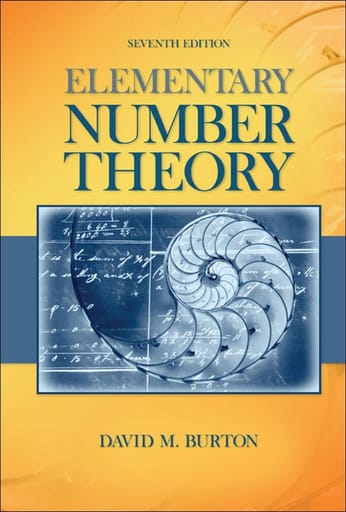Solution
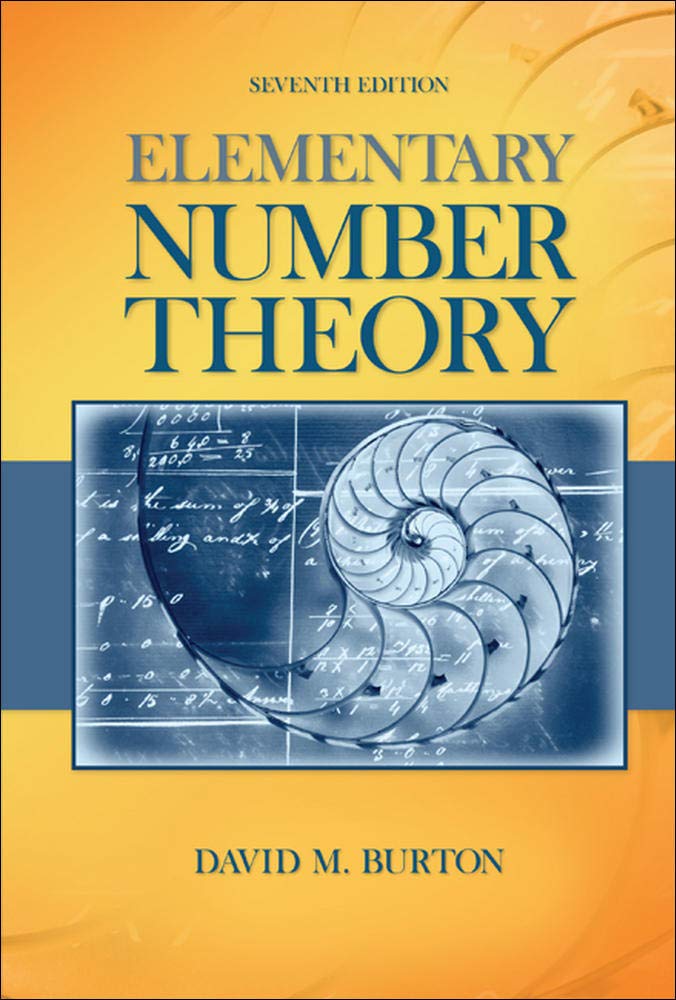
Elementary Number Theory Problems 3.2 Solution (David M. Burton's 7th Edition) - Q11 Paid Members Public
My Solution for "If $p_{n}$ denotes the $n$th prime number, put $d_{n} = p_{n+1} - p_{n}$. An open question is whether the equation $d_{n} = d_{n + 1}$ has infinitely many solutions. Give five solutions."
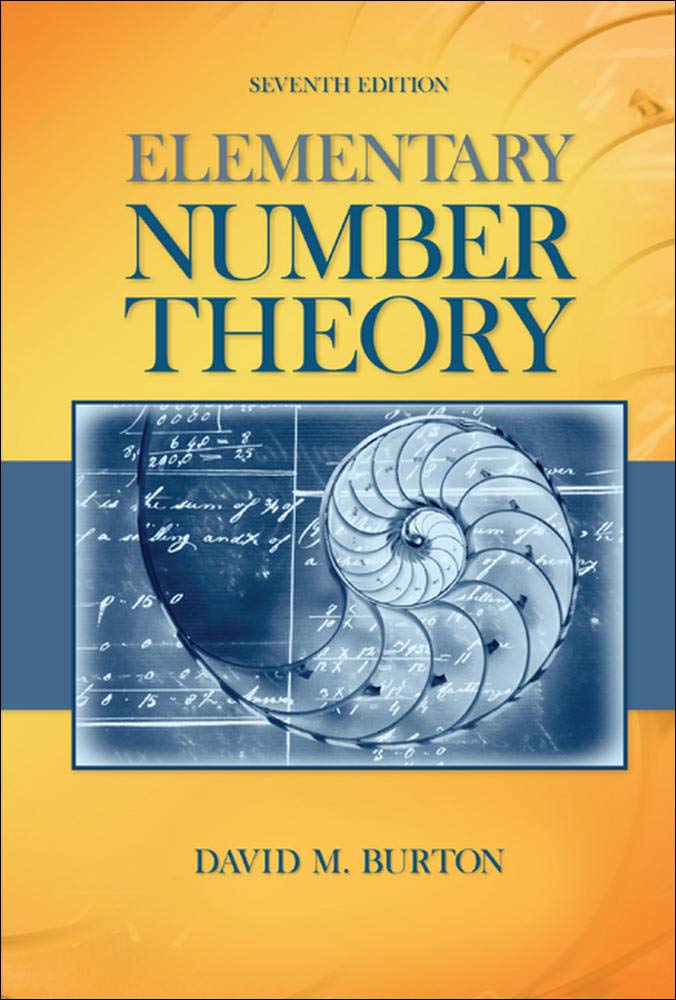
Elementary Number Theory Problems 3.2 Solution (David M. Burton's 7th Edition) - Q10 Paid Members Public
My Solution for "Let $q_{n}$ be the smallest prime that is strictly greater than $P_{n} = p_{1}p_{2} \cdots p_{n} + 1$. It has been conjectured that the difference $q_{n} - (p_{1}p_{2} \cdots p_{n})$ is always a prime. Confirm this for the first five values of $n$."
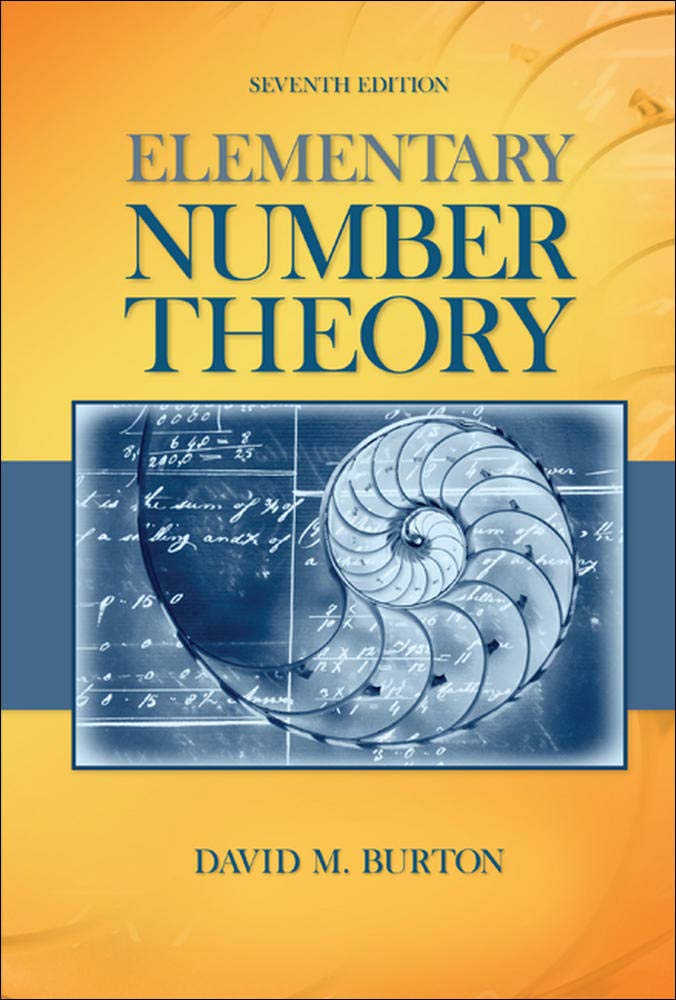
Elementary Number Theory Problems 3.2 Solution (David M. Burton's 7th Edition) - Q9 Paid Members Public
My Solution for "(a) Prove that if $n \gt 2$, then there exists a prime $p$ satisfying $n \lt p \lt n!$. (b) For $n \gt 1$, show that every prime divisor of $n! + 1$ is an odd integer that is greater than $n$."
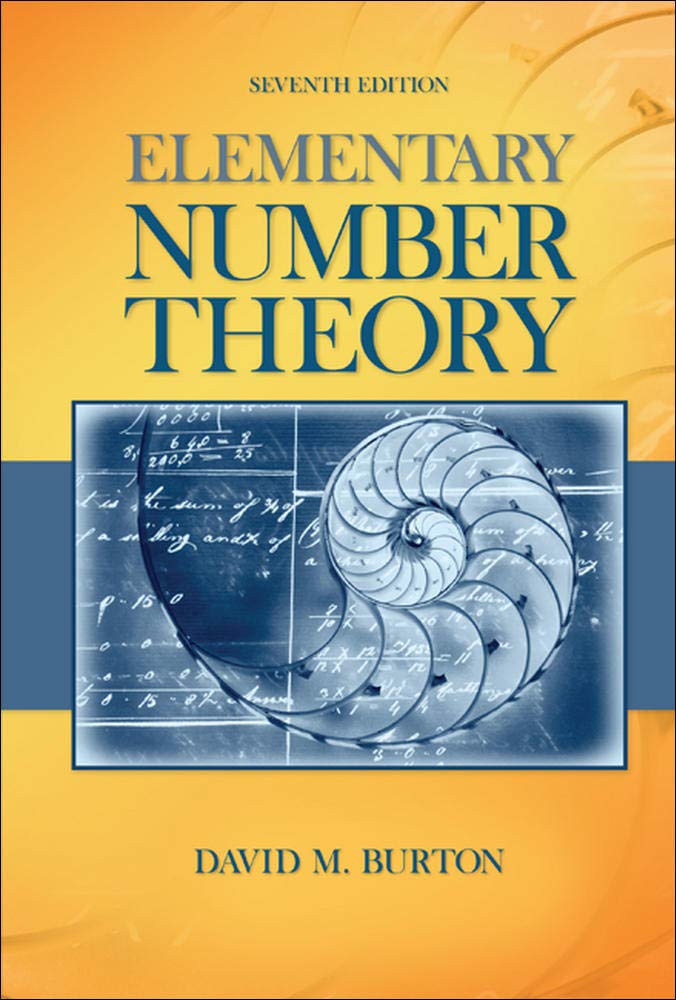
Elementary Number Theory Problems 3.2 Solution (David M. Burton's 7th Edition) - Q8 Paid Members Public
My Solution for "Assume that there are only finitely many primes, say $p_{1}, p_{2}, ..., p_{n}$. Use the following integer to arrive at a contradiction: $N = p_{2}p_{3} \cdots p_{n} + p_{1}p_{3} \cdots p_{n} + \cdots + p_{1}p_{2} \cdots p_{n-1}$"
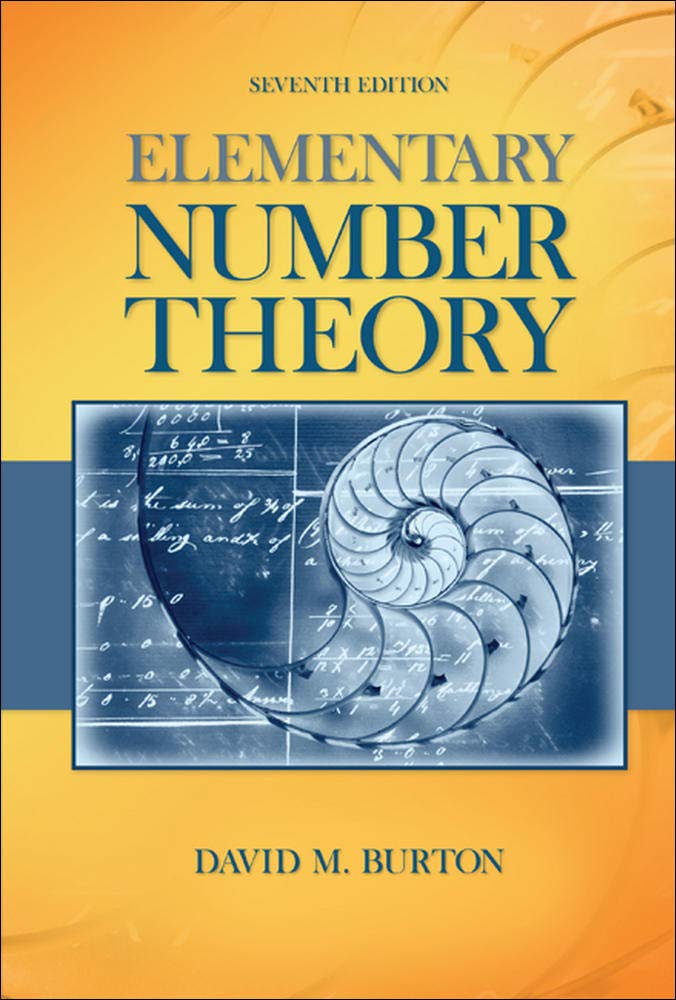
Elementary Number Theory Problems 3.2 Solution (David M. Burton's 7th Edition) - Q7 Paid Members Public
My Solution for "Modify Euclid's proof that there are infinitely many primes by assuming the existence of a largest prime $p$ and using the integer $N = p! + 1$ to arrive at a contradiction."
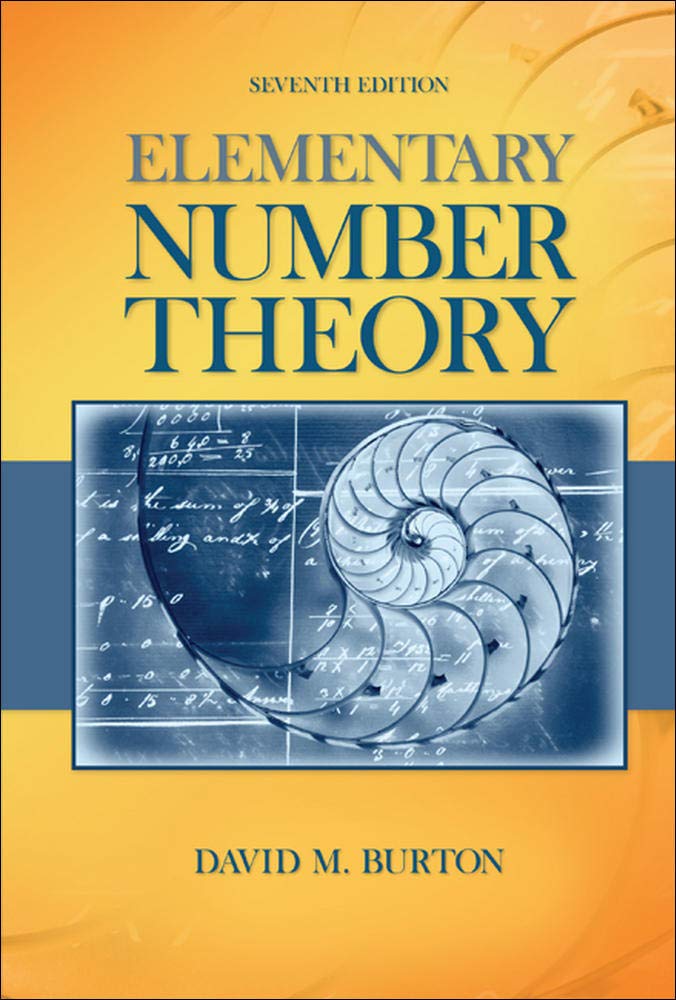
Elementary Number Theory Problems 3.2 Solution (David M. Burton's 7th Edition) - Q6 Paid Members Public
My Solution for "Fill in any missing details in this sketch of a proof of the infinitude of primes: Assume that there are only finitely many primes, say $p_{1}, p_{2}, ..., p_{n}$. Let $A$ be the product of any $r$ of these primes and put $B = \frac{p_{1}p_{2}...p_{n}}{A}$. Then each $p_{k}$ ..."
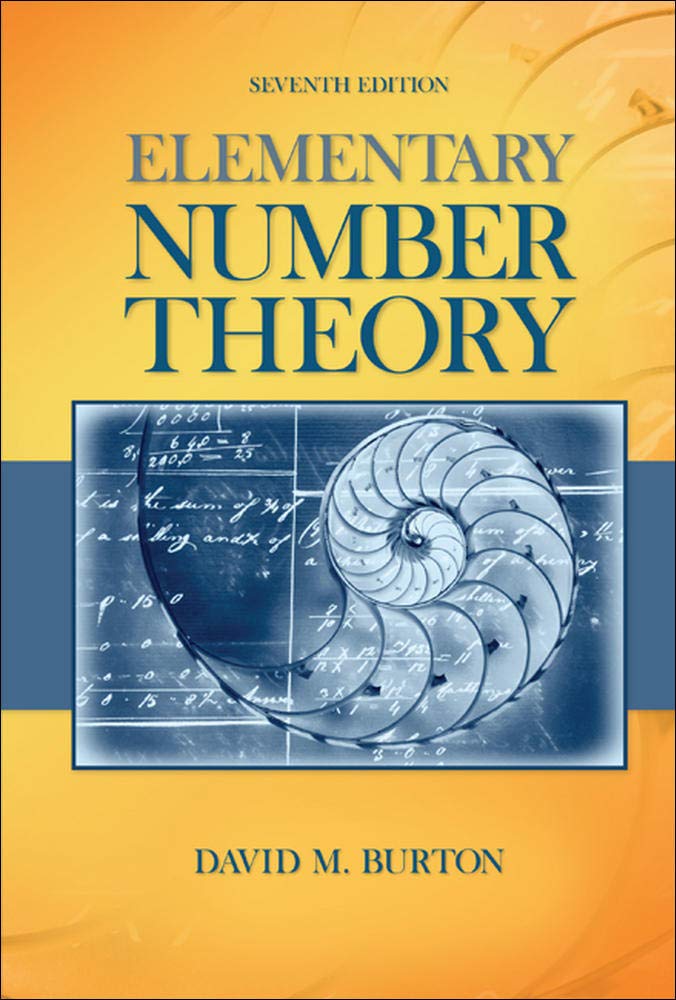
Elementary Number Theory Problems 3.2 Solution (David M. Burton's 7th Edition) - Q5 Paid Members Public
My Solution for "Show that any composite three-digit number must have a prime factor less than or equal to $31$."

Elementary Number Theory Problems 3.2 Solution (David M. Burton's 7th Edition) - Q4 Paid Members Public
My Solution for "Establish the following facts: (a) $\sqrt{p}$ is irrational for any prime $p$. (b) If $a$ is a positive integer and $\sqrt[n]{a}$ is rational, then $\sqrt[n]{a}$ must be an integer. (c) For $n \geq 2$, $\sqrt[n]{n}$ is irrational. [Hint: Use the fact that $2^n > n$.]"
